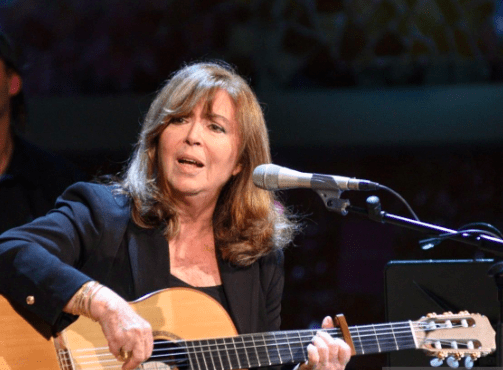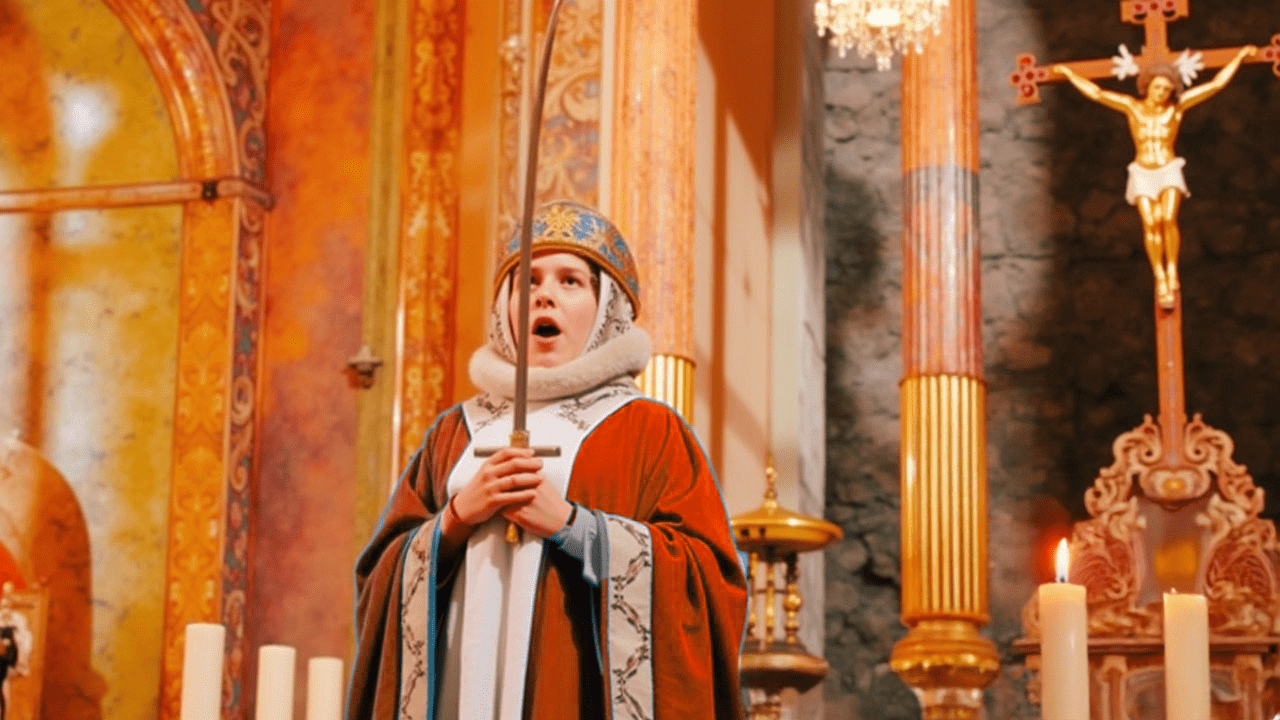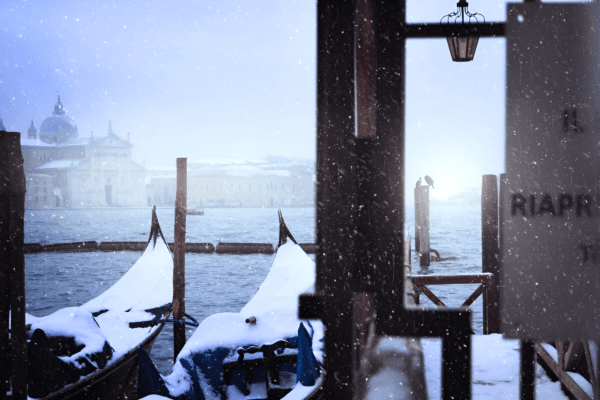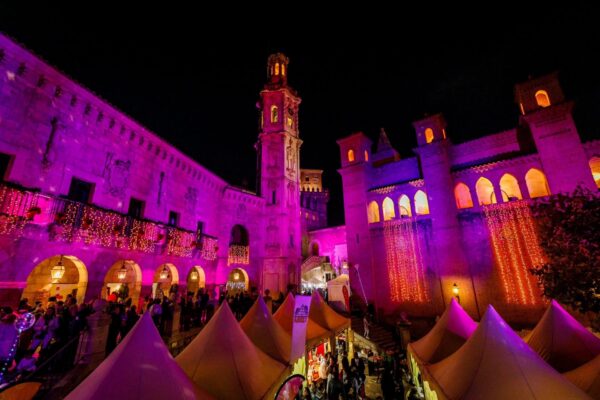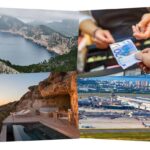With a voice that echoes the rise and fall of Mediterranean’s waves, carrying the stories, struggles, and joys of an entire region, Maria del Mar Bonet has spent over five decades blending tradition with innovation. Her music, rooted in Mallorcan folk, never fails to mesmerize audiences, as it weaves together the ancient rhythms of her native land with a world of musical influences far beyond her island home.
Born in Palma in 1947, Bonet grew up surrounded by art and Mallorcan folk music, a fertile ground that would shape her path as one of the most iconic voices of the Catalan-langiage and Mediterranean music scene. But Bonet has never been content to merely echo tradition — she reinvents it. Her career began in the late 1960s with the Nova Cançó movement, a defiant cultural revival during Franco’s dictatorship.
Her voice is unmistakable — clear, warm, and powerful. It’s not just a voice you hear; it’s a voice you feel. “I have always sung from the root, but I have also opened myself up to the world. The tradition I come from allows me to be very free,” she once said. And this freedom has led her to create music that spans continents, melding the sounds of Mallorca with Arabic, Greek, Turkish, and Latin American traditions.
Whether performing a haunting folk ballad or an exhilarating Mediterranean anthem, Bonet brings an emotional intensity that captivates audiences. Critics and fans alike marvel at her ability to seamlessly navigate between traditional and contemporary styles. Musicologist Josep Maria Espinàs famously declared, “Maria del Mar Bonet is not just a voice; she is the spirit of the Mediterranean.” And truly, when Bonet sings, you hear the echoes of Mallorca’s mountains, the whispers of its seas, and the enduring spirit of its people.
Her albums, like the groundbreaking Anells d’Aigua (Water Rings), are masterclasses in innovation, fusing jazz, flamenco, and Arabic influences with Mallorcan folk traditions. Each track feels like a journey, leading you through sun-drenched villages, bustling marketplaces, and tranquil shores. But her music isn’t just about place — it’s about humanity. Through her songs, Bonet explores universal themes of love, struggle, and the deep connection between people and their land.
One of Maria del Mar Bonet’s most remarkable projects is her album Amic, Amat (2004), a groundbreaking fusion of the poetry of Ramon Llull — Mallorca’s revered 13th-century philosopher and mystic — with Andalusí musical traditions. Collaborating with Arab musicians, Bonet brought Llull’s lyrical, spiritual verses to life, creating a hypnotic dialogue between Mallorcan heritage and the rich musical traditions of Al-Andalus. The album is a profound exploration of shared cultural roots, weaving together voices, oud, and traditional Mallorcan instruments to evoke a timeless Mediterranean soundscape. Critics hailed it as a masterpiece of cultural exchange, and Bonet herself described the project as “a return to the essence of Mallorca, a meeting point of so many civilizations.” It stands as a testament to her vision as an artist — one who constantly seeks to connect the past and present through music that transcends borders.
A true collaborator, Bonet has worked with an astonishing array of musicians, from Arab orchestras to jazz ensembles, always pushing the boundaries of her art. Her live performances are nothing short of spellbinding — intimate yet epic, each one a reminder of the unifying power of music. As Spanish singer Silvia Pérez Cruz puts it, “Maria del Mar Bonet’s voice is timeless. She is the Mediterranean.”
Despite her many accolades, including the prestigious Creu de Sant Jordi and the Medalla d’Or de les Illes Balears, Bonet remains grounded, her focus always on the music and the stories it tells. At 77, she continues to tour, her voice as vibrant and resonant as ever, enchanting both lifelong fans and a new generation of listeners.
Maria del Mar Bonet will perform at Palma’s Auditorium on December 7 at 20:30.
Photo: Getty Images, Europa Press News
